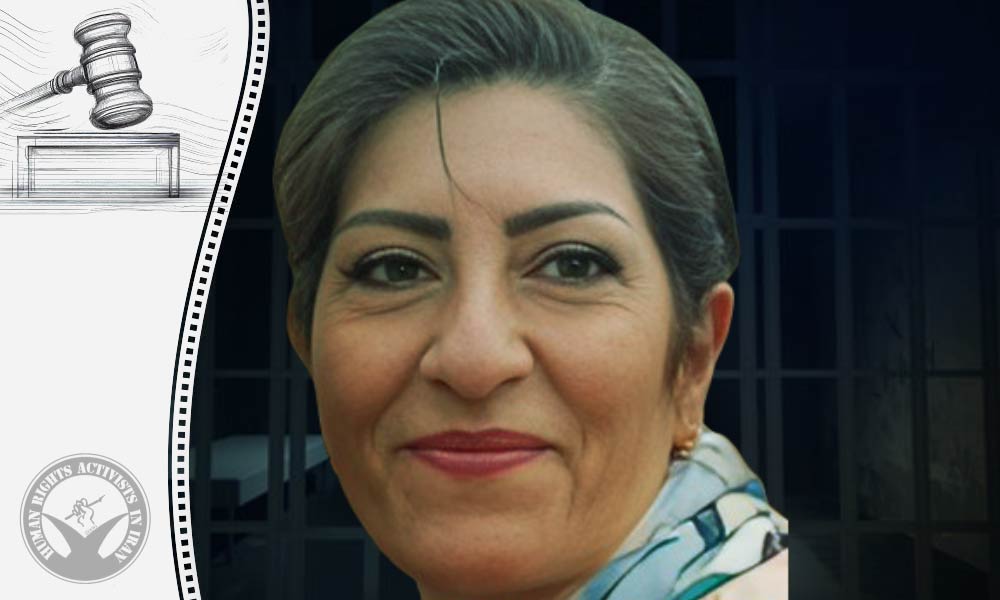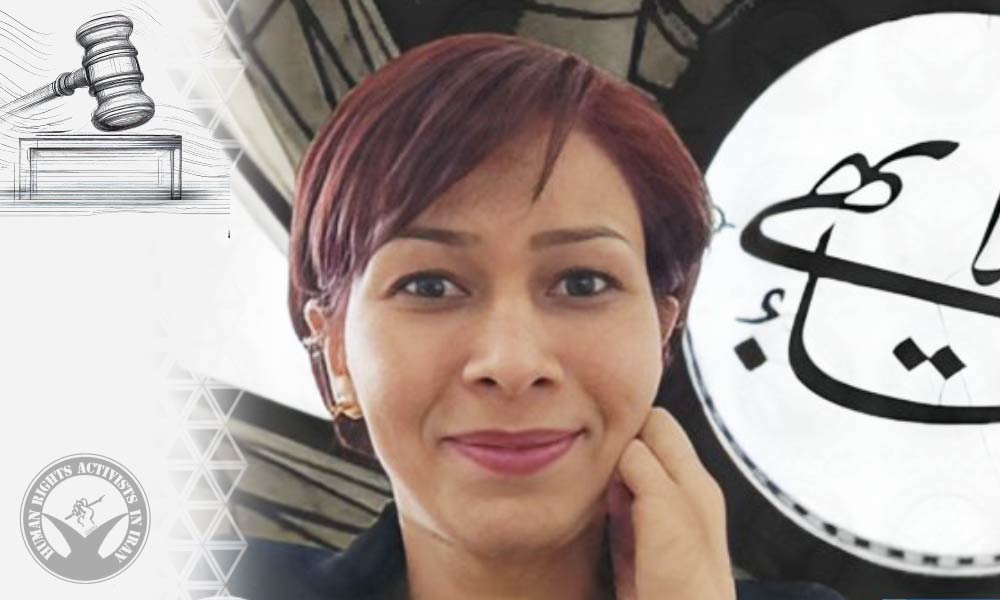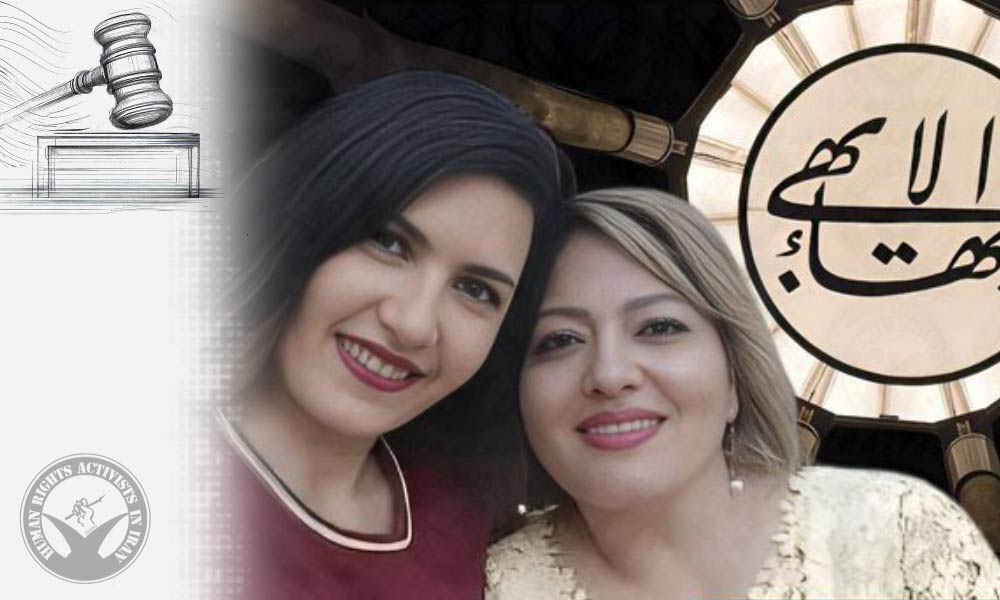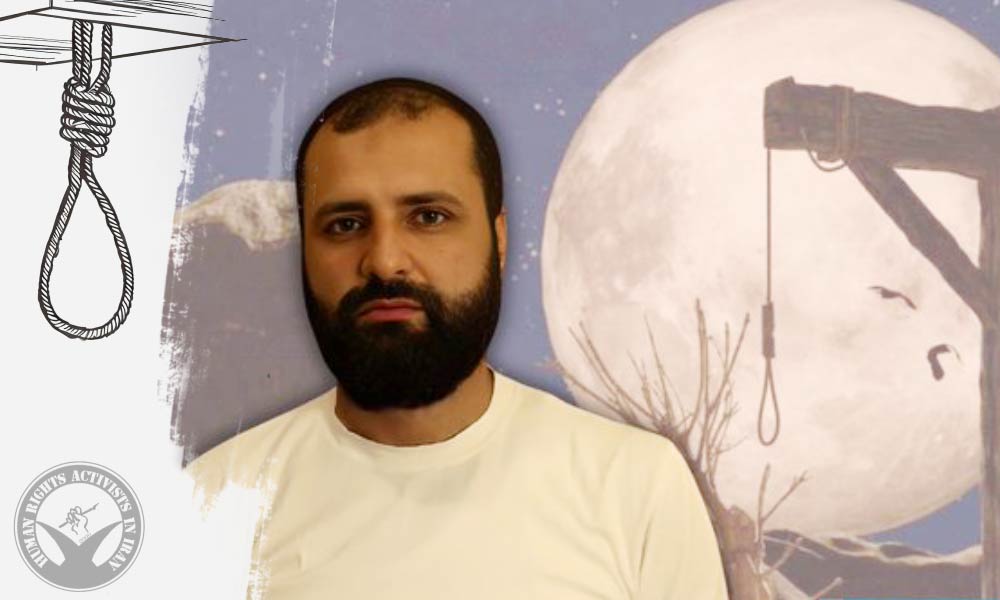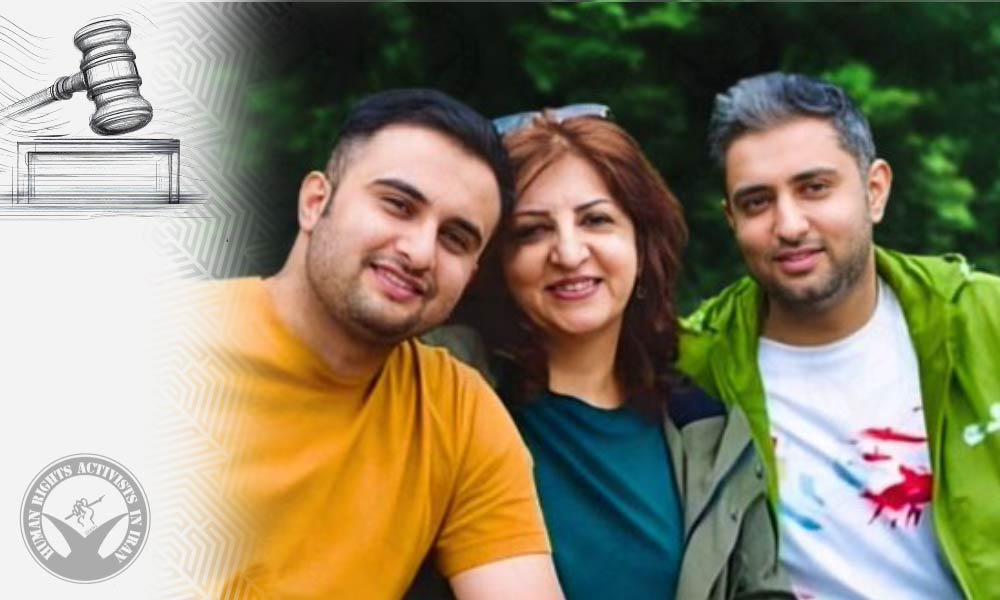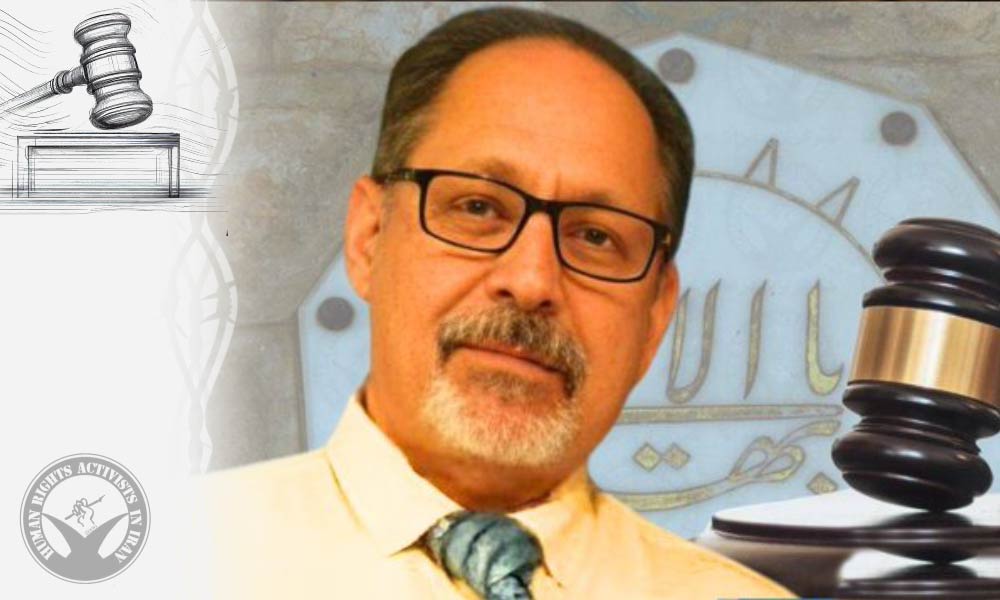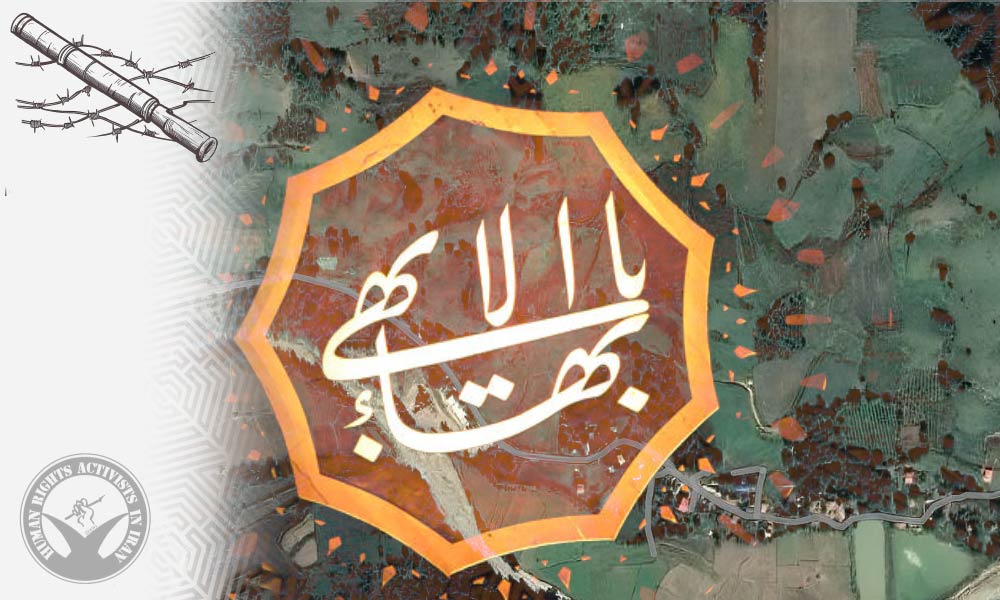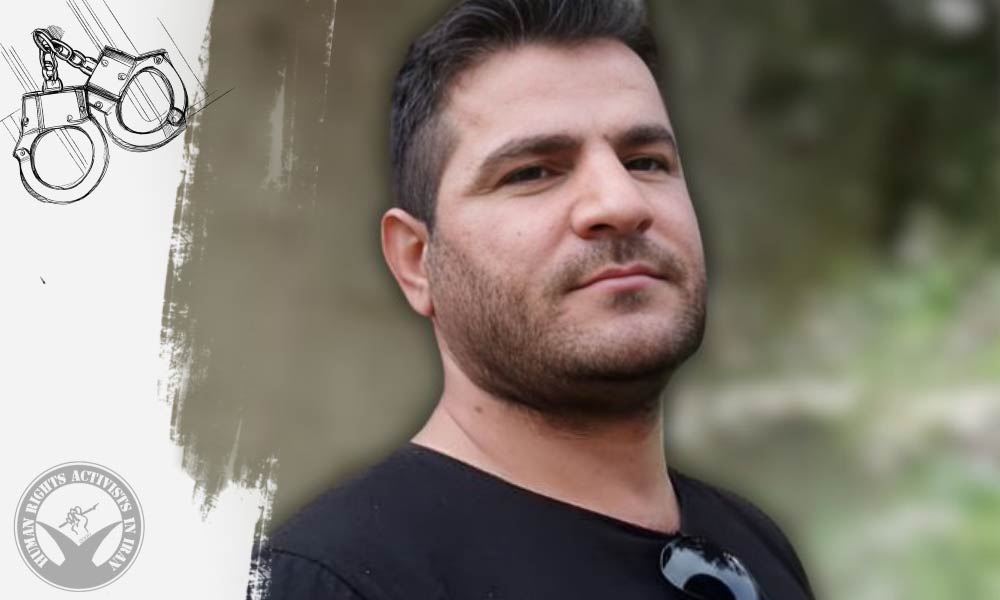The Semnan Court of Appeal has affirmed an eleven-year sentence and additional penalties for Baha’i citizen Shahdokht Khanjani.
In the ruling issued on January 27, 2024, Khanjani was sentenced to ten years for “forming groups to act against national security” and one year for “propaganda against the regime.” She is also prohibited from joining political/civil/cultural groups and parties, with restrictions on social media activities for two years.
According to Article 134 of the Islamic Penal Code, the ten-year term for the first charge is enforceable.
Initially, the Revolutionary Court of Semnan had sentenced Khanjani to 11 years for the mentioned charges, along with five years for “propagating the Baha’i sect.” On appeal, the latter charge was dropped, as it was deemed inseparable from the charge of “forming groups to act against national security.” Additionally, a fine and a 15-year deprivation of social rights were annulled.
On May 29, 2023, security forces apprehended Khanjani at her Semnan residence. Following a search and confiscation of some belongings, she was later released on bond.
At the age of around 47, Khanjani is a Semnan resident and a mother of two.
Baha’is are subjected to violations of their religious rights, comprising 82% of reports on infringements against religious minorities, according to HRA’s 2023 annual report.
The Baha’i faith is not recognized as a legitimate religion by Iranian authorities, leading to systematic and longstanding violations of the rights of Baha’is in the country. This includes the denial of their fundamental right to practice their religion, which constitutes a clear breach of both Article 18 of the Universal Declaration of Human Rights and Article 18 of the International Covenant on Civil and Political Rights. The United Nations covenant holds that every person has the right to freedom of religion, freedom of converting religion, as well as freedom of expression, individually or collectively; openly or secretly.



